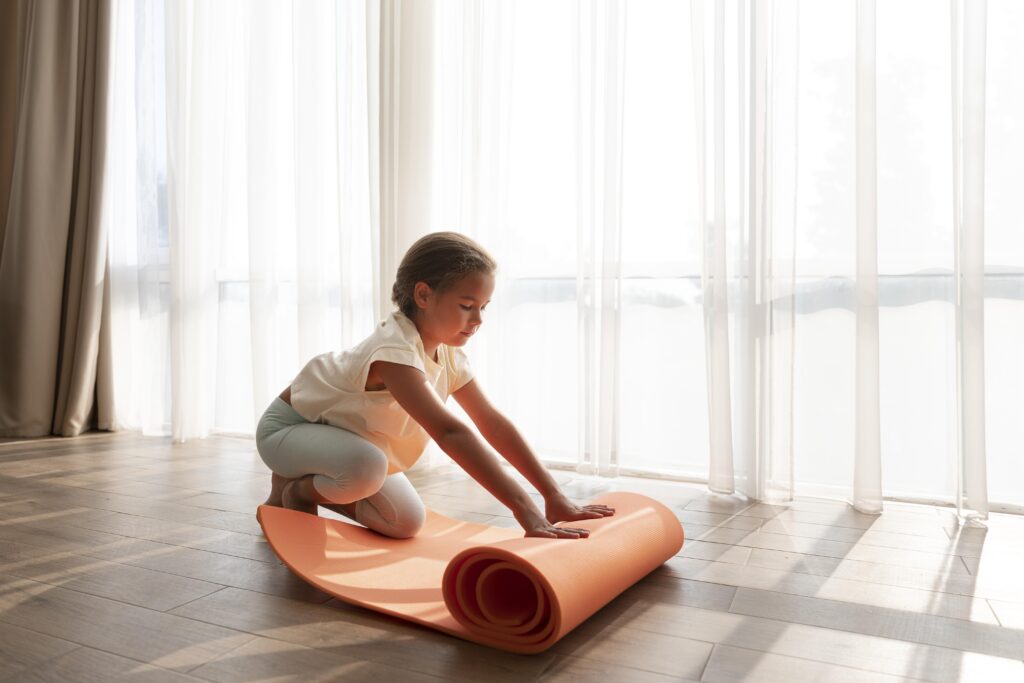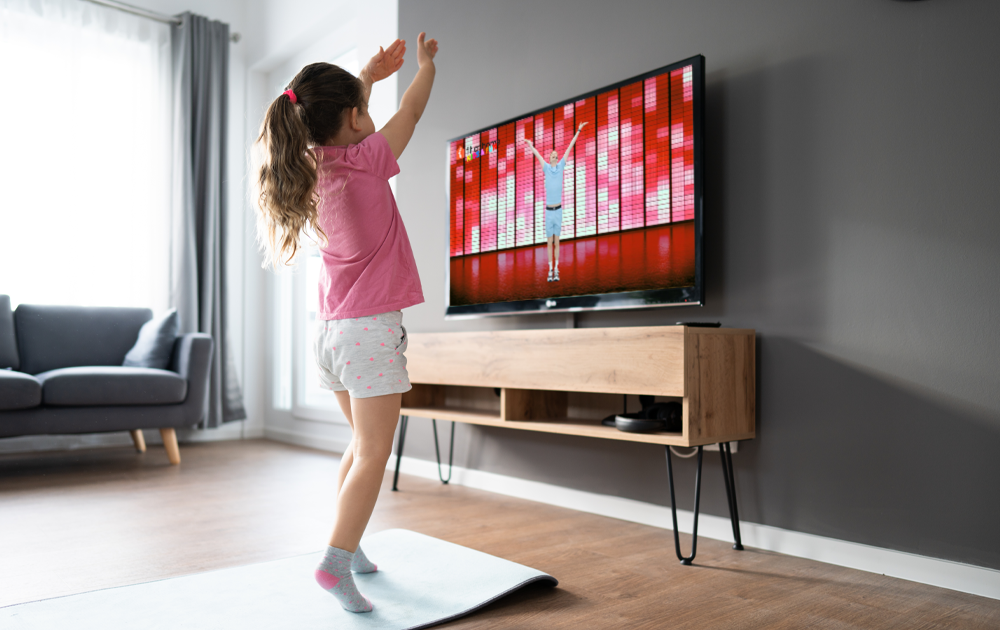In today’s fast-paced digital age, the significance of instilling healthy habits in children cannot be overstated. As the prevalence of sedentary lifestyles and screen time increases, it’s crucial to prioritize physical activity for the younger generation. This blog will delve into the multifaceted benefits of fitness for children, exploring the physical, mental, and social advantages that come with an active lifestyle.

Physical well-being
Children, like adults, benefit immensely from regular physical activity. Engaging in fitness routines helps develop their motor skills, coordination, and balance. Moreover, it plays a pivotal role in preventing childhood obesity, a growing concern in many parts of the world. By encouraging activities such as running, jumping, and playing sports, parents and caregivers can contribute significantly to the overall well-being of their children.
Cognitive development
Beyond the physical advantages, fitness has a profound impact on cognitive development in children. Research suggests that regular exercise enhances concentration, memory, and problem-solving skills. Physical activity stimulates the release of neurotransmitters, such as dopamine and serotonin, which play a crucial role in mood regulation and cognitive function. Thus, incorporating fitness into a child’s routine not only promotes a healthy body but also nurtures a sharp mind.
Emotional well-being
Children, just like adults, experience stress and emotions. Fitness provides an outlet for them to release pent-up energy and emotions, reducing feelings of anxiety and stress. Physical activity triggers the release of endorphins, commonly known as “feel-good” hormones, fostering a positive and balanced emotional state. This emotional well-being is vital for a child’s overall happiness and resilience in the face of life’s challenges.
Fit at Home Kids & Fun
Will you choose a dance class, a yoga class or do you prefer a total body work-out? Kids & Fun offers classes for kids aged 6 to 12 to enjoy. By participating in Kids & Fun lessons 2-3 times a week, children can get sufficient exercise in the realm of sports. These lessons last less than 20 minutes and can be done right at home!
Let your kids join Dancing Dan!

Social skills and teamwork
Participation in group fitness activities or team sports introduces children to the importance of collaboration and teamwork. They learn to communicate effectively, share responsibilities, and develop a sense of camaraderie with their peers. These social skills acquired through fitness not only contribute to a child’s personal growth but also prepare them for future interactions in academic and professional settings.
Balancing screen time and physical activity
In today’s digital age, children are increasingly exposed to screens, whether it’s through computers, tablets, or smartphones. While technology has its benefits, it’s essential to strike a balance between screen time and physical activity. Encouraging outdoor play, sports, and other physical pursuits can help counteract the sedentary effects of prolonged screen use.
In conclusion, prioritizing fitness for children is an investment in their overall health, development, and happiness. From physical well-being to cognitive development and social skills, the benefits of regular exercise are far-reaching. Parents and caregivers play a pivotal role in shaping a child’s attitude towards fitness, and by incorporating enjoyable and age-appropriate activities, they can set the stage for a lifetime of health and well-being. Let’s work together to build a healthier and happier future for our children through the power of fitness.

Get fit with Fit at Home!
Staying fit and active doesn’t always require a gym membership or fancy equipment. Within the convenience of your own home, you can start your fitness journey, achieve your health goals and get fit! With over 500 workouts for the whole family there’s always a suitable workout for you to enjoy!
Transform your TV into your personal gym!
